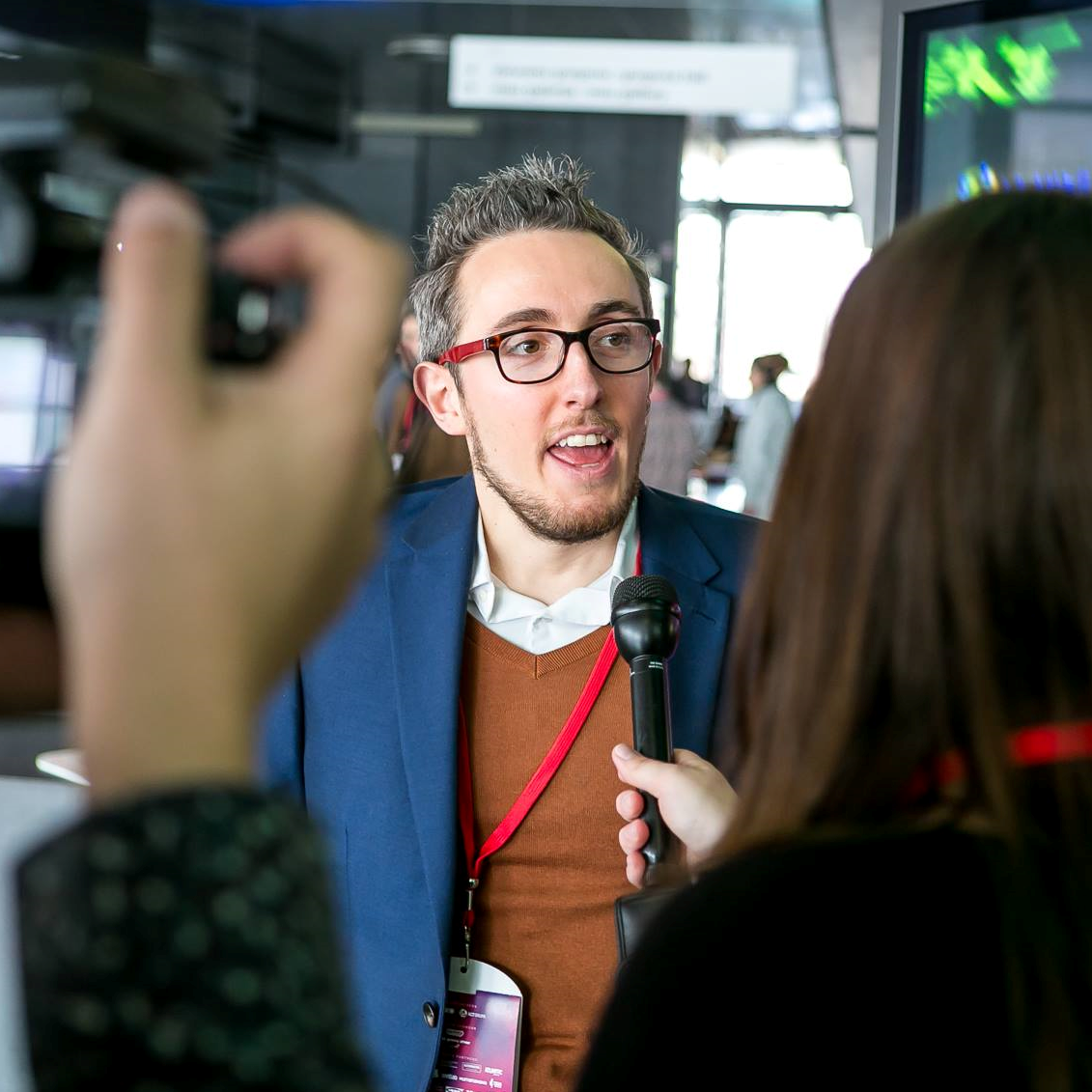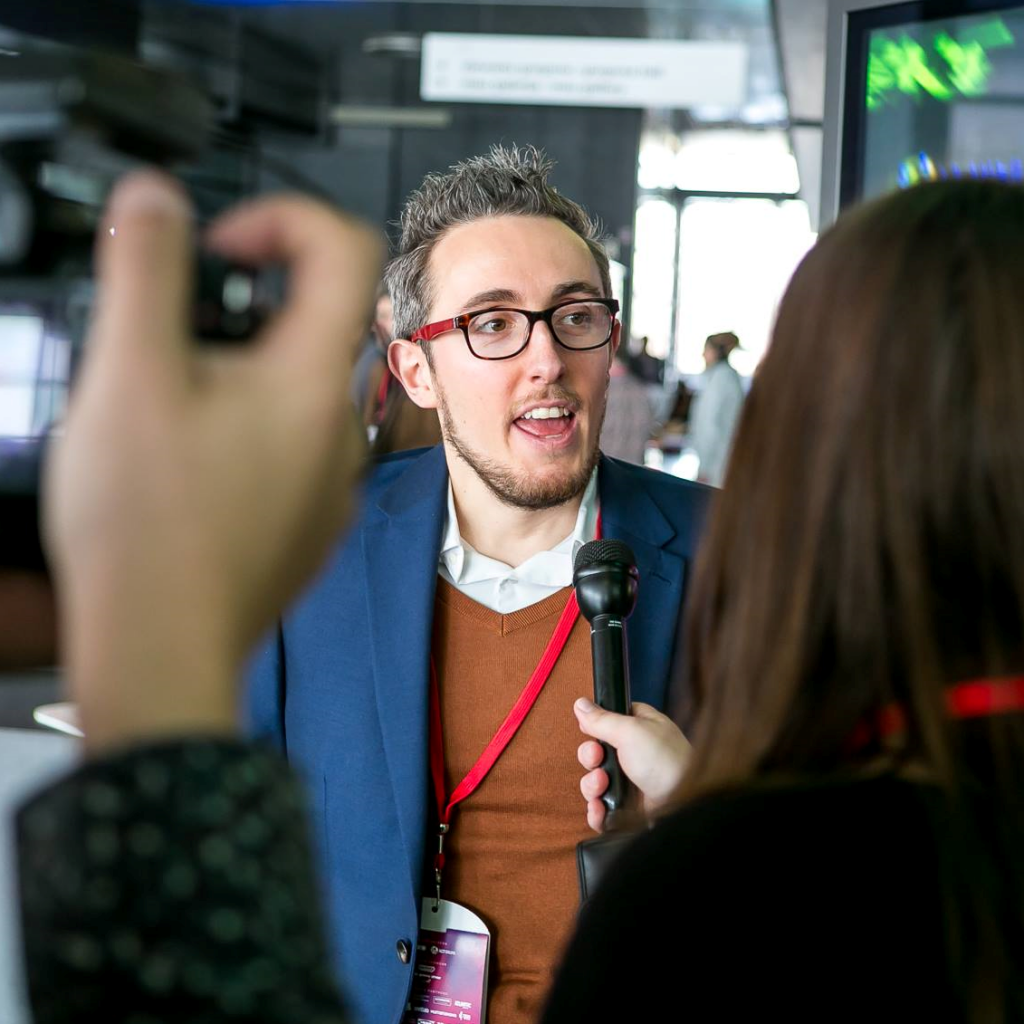Peter and I first met in 2015 when he was working at Unltd in the UK. He has since struck out on his own as a consultant in London. I checked in with him in the spring of 2019 to see how self-employed life was treating him.
“Overall, I worked with UnLtd for six and a half years. It was time for a change and I’m now applying my skills learnt from a great grounding in the Sector – which included the Global Social Entrepreneurship Network – GSEN – to other constituents, such as universities, where I also have some sector-based experience. I am also exploring working with corporate clients. I see quite a bit of potential for bringing more social ‘intrapreneurial’ thinking into the Corporate Sector. That being said, I also mentor some entrepreneurs on a pro-bono basis through my own network. My intention is to bring in the high level of work ethic, that I’ve always had, to new clients. I want to be involved in at least one really exciting project in which I can move the needle. Other than that I am enjoying the ride of being self-employed!”
From steady employment to freelancer – first insights?
“The runway certainly is a long one: I have a lot of conversations with people but obviously not all of them turn into paying clients. I need to make sure I always have enough ‘irons in the fire’, as we say in the UK, and I’m still figuring out how to convert more of these conversations into paid engagements. At the same time, I don’t ever want to sacrifice impact for a paycheck.
At what point do we start trading off money vs. impact if we are so focused on the mechanics being self-employed?
What I have learned in the first months is that you need to be a problem-solver – someone who can step back and see a complex puzzle and put the pieces together. Secondly, it helps to be a networker, someone who connects with people quickly. You don’t have to be king or queen of networking drinks to make a connection or two along the way! Thirdly, it’s important to have goals in mind and a clear idea of what success means to you. To be honest, I am constantly moving these goalposts, always pushing for the next thing, the next opportunity or goal.
I’m really not good at saying: ‘That was great!’ before then heading onto the next thing.
For me personally, being good at time management has helped a lot. I’m a structured person and like to have a clear sense of where my time is going. After all, if you’re self-employed, you need to be able to manage your workload and yourself in and outside your consultancy.”
What does life for a self-employed social impact professional in London look like?
“I spend Monday afternoons volunteering and I typically take Tuesday mornings off and create a space for reflection and just doing other things. I am part of a singing group and am getting more involved in the theatrical arts. In fact, I’m co-producing my first show! Other than that I enjoy the simple things like sports and going to the cinema with my partner.”
What does the future hold?
I want to try new things. I would love to be able to focus on a few selected organisations with deep impact instead of working with many, but let’s see where the journey takes me. I have also often wondered how I could deploy what I’ve learned in social entrepreneurship in other sectors in which people ‘speak a different language’ to me.”

Peter Ptashko
London, UK.
Mentor & Consultant. Culture Change, Organisational Development and Social Entrepreneurship Specialist.

Thank you so much for sharing Anika & Social Venturers.
Should any reader want to further discuss my, or share their, experiences then please do get in touch!